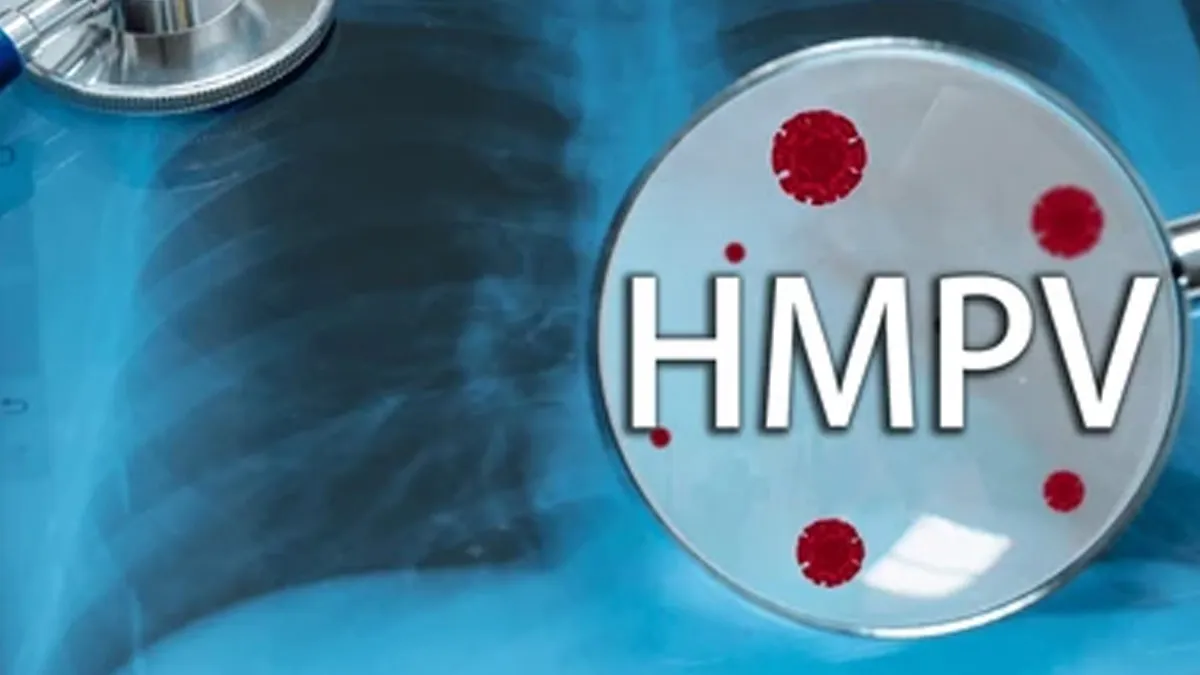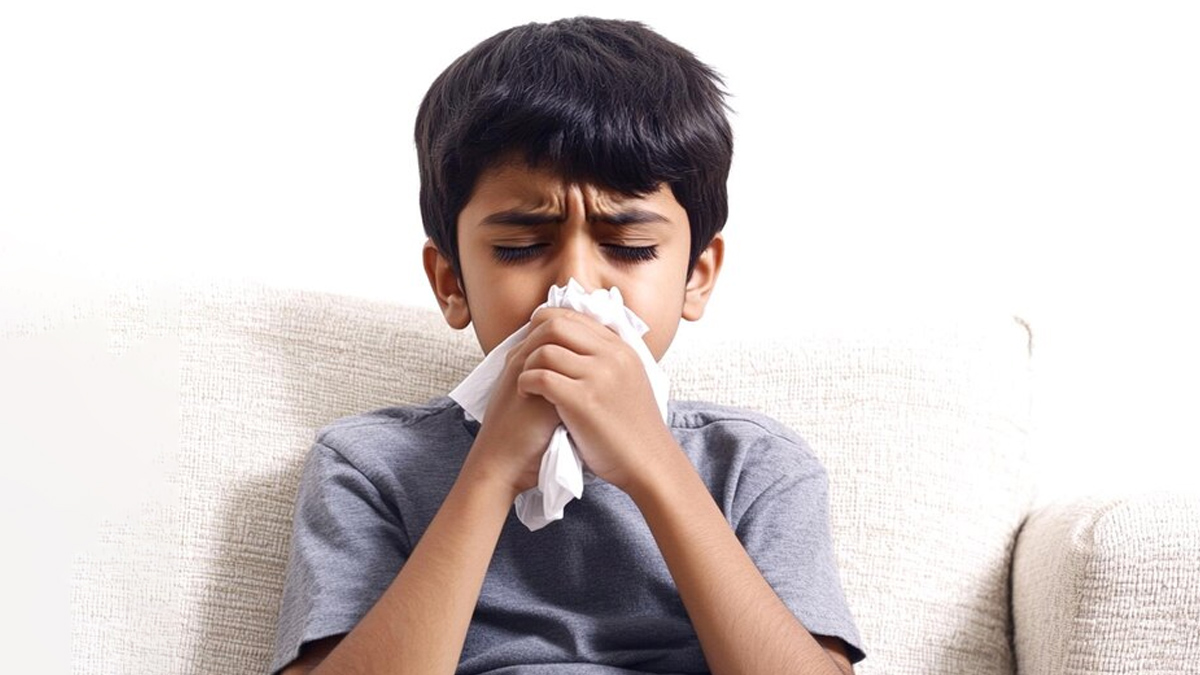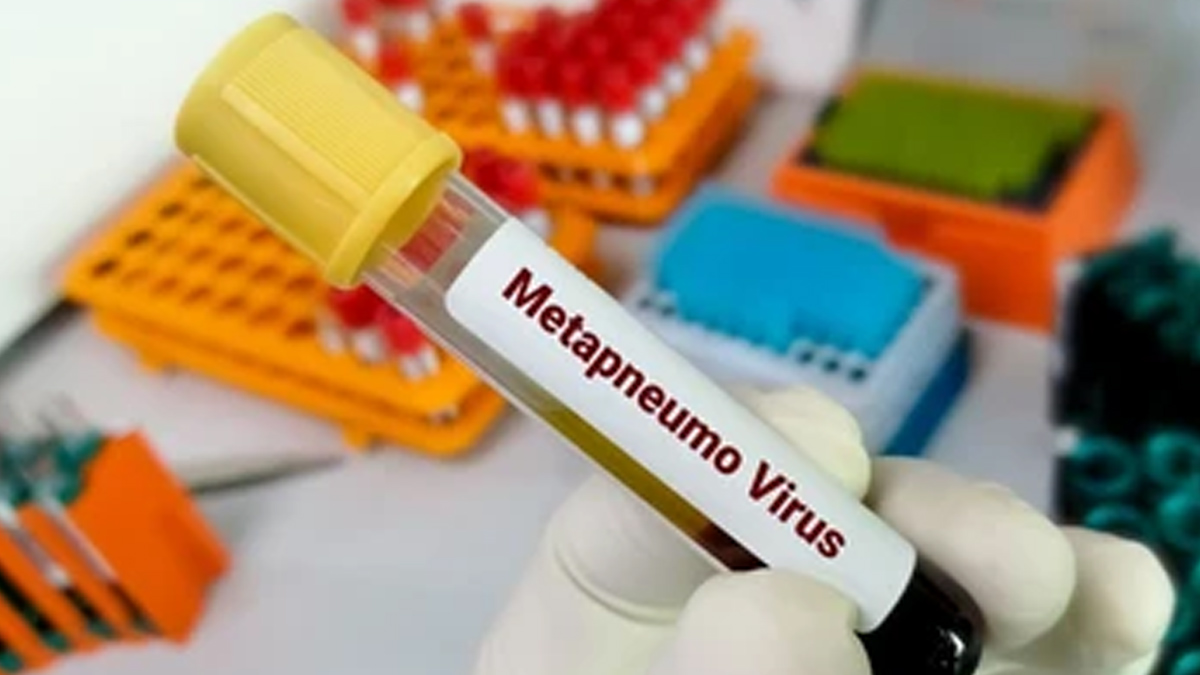
The recent outbreak of Human Metapneumovirus (HMPV) in China has sparked concern in India as cases of the virus have begun to emerge within the country. However, amid the panic, the Indian Ministry of Health has reassured the public that the Human Metapneumovirus (HMPV) is neither a new virus nor a cause for alarm in India. Addressing concerns on January 6, 2025, the Ministry confirmed that HMPV has been circulating globally, including in India, for many years.
Table of Content:-
Health Ministry’s Assurance
Union Health Minister J P Nadda stated, “Health experts have clarified that HMPV is not a new virus. It was first identified in 2001 and has been circulating worldwide for many years. HMPV spreads through air, via respiration, and can affect individuals of all age groups. The health systems and surveillance networks in the country are vigilant, and there is no reason to worry.”
The Ministry highlighted that none of the reported cases in India involved individuals with recent travel history and that all infected persons are recovering well. Current data from the Indian Council for Medical Research (ICMR) and the Integrated Disease Surveillance Programme (IDSP) show no unusual rise in Influenza-like Illness (ILI) or Severe Acute Respiratory Illness (SARI) cases.
The WHO has acknowledged the situation, and Indian agencies are closely monitoring developments in China and neighbouring countries.
Also read: HMPV Outbreak: Are We Ready With Tests and Vaccines?
What Is HMPV And Its Symptoms
Human Metapneumovirus is a respiratory virus similar to the common cold. While not new, it's currently seeing increased prevalence, particularly with an outbreak in China. The virus is already present in India with two cases in Bengaluru, one in Ahmedabad, two in Nagpur, and two in Tamil Nadu though there's no cause for panic.
HMPV primarily causes cold-like symptoms, which include:

- Runny or stuffy nose
- Sore throat or throat irritation
- Cough, either dry or with phlegm
- Fever
- Body aches and headaches, often accompanied by fatigue
For most individuals, these symptoms resolve naturally within a few days to weeks, much like the common cold.
Expert Insights
In an interaction with the OnlyMyHealth team, Dr Bharesh Dedhia, Consultant - Critical Care at PD Hinduja Hospital and MRC, Mumbai, provided further reassurance. “Yes, we have been seeing cases of HMPV in India for the last few years, and it occasionally appears in our respiratory biofire, which is a throat swab panel. Most of these patients exhibit symptoms similar to the common cold,” he said.
“Obviously, a few elderly people and occasionally individuals with other comorbidities do get admitted to the ICU. However, they improve with standard symptomatic and supportive care and are ultimately discharged. So, it is not a fatal disease and behaves more or less like the common cold virus,” Dr Dedhia further said.
“Even as of now, in the last few months, we have not seen a dramatic increase in HMPV cases in India. While we need to remain vigilant, there is no cause for concern,” he added.
Current Status in India
So far, seven cases of HMPV have been reported in India during the recent outbreak. The Ministry emphasised that the health infrastructure is equipped to manage such cases. Surveillance systems are robust, and there is no evidence of an unusual spike in respiratory illnesses.

Also read: India Reports First HMPV Case; Infant Tests Positive in Bengaluru Hospital
What Can the Public Do?
Experts recommend vigilance and precautionary measures, particularly for vulnerable groups such as children, the elderly, and those with pre-existing health conditions. Basic hygiene practices, such as regular handwashing, wearing masks in crowded places, and avoiding contact with infected individuals, remain the cornerstone of prevention.
A Global Perspective
While the spotlight on HMPV has intensified following the outbreak in China, the Ministry’s reassurance highlights the virus’s well-documented history and manageable nature. India’s proactive approach and vigilant surveillance systems offer reassurance that the nation is well-prepared to handle such occurrences.
The message is clear: Stay informed, but do not panic. With the right precautions and timely interventions, the health risks posed by HMPV can be effectively managed.
Also watch this video
How we keep this article up to date:
We work with experts and keep a close eye on the latest in health and wellness. Whenever there is a new research or helpful information, we update our articles with accurate and useful advice.
Current Version